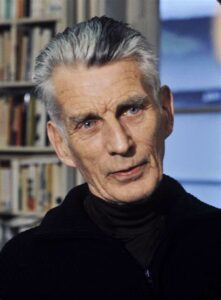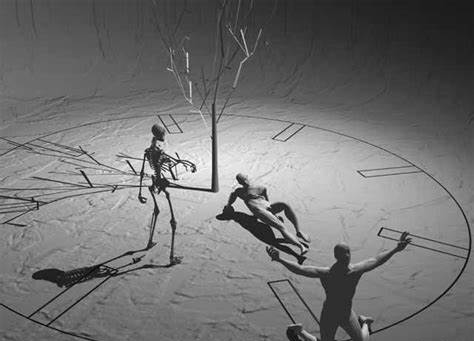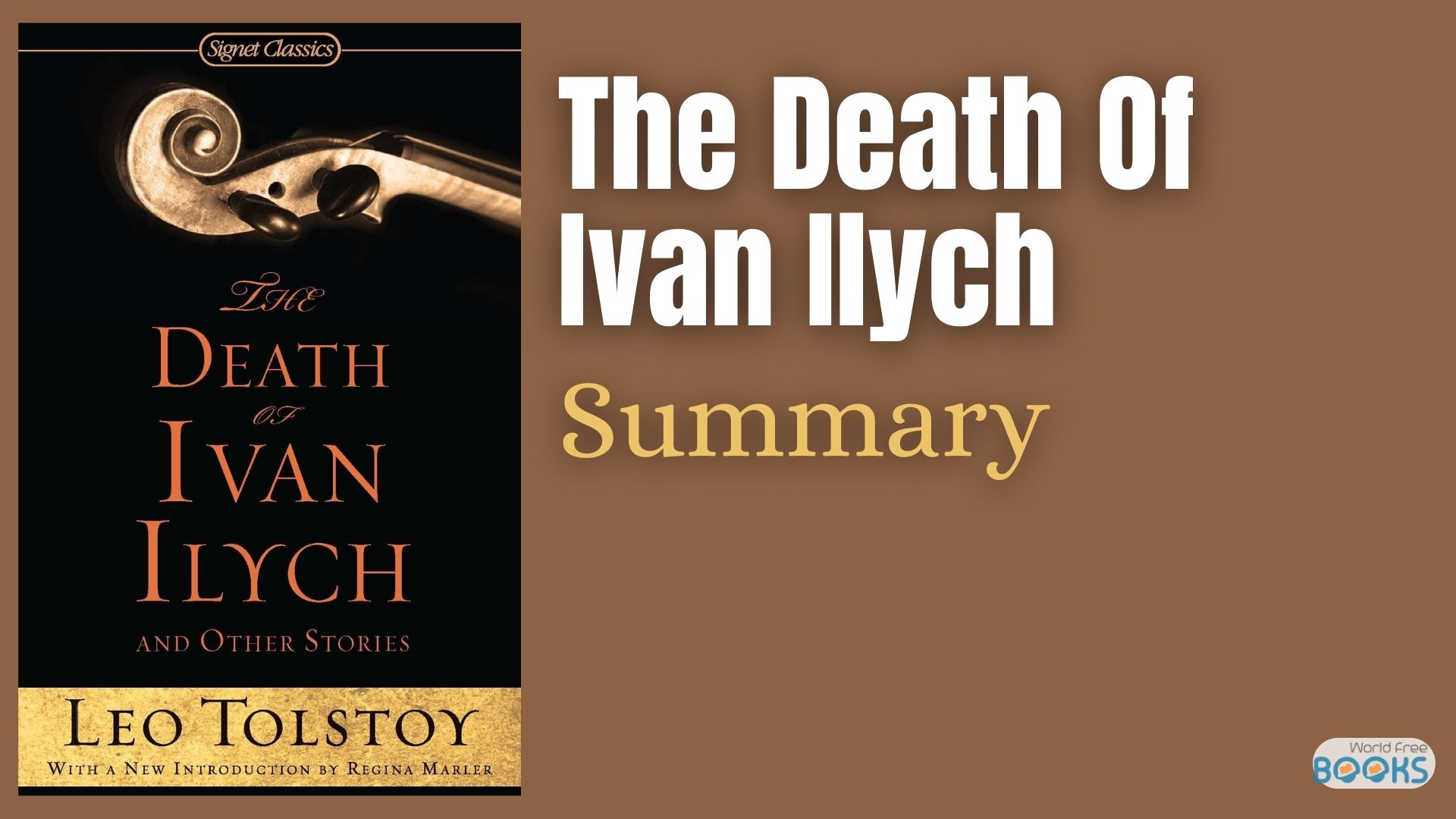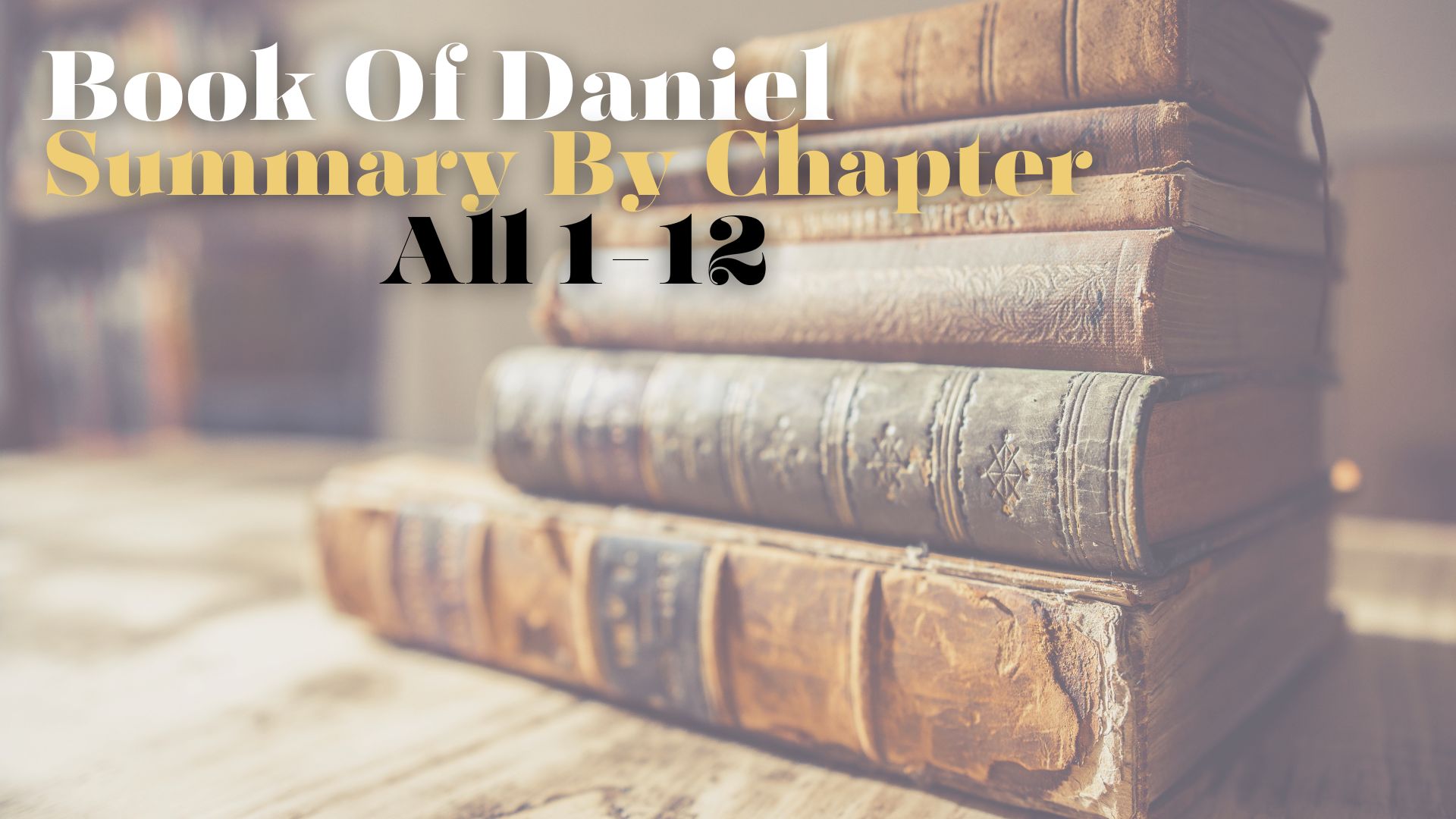
Waiting For Godot By Samuel Beckett Summary gives you an entry into the book written by Samuel Beckett, a seminal work of 20th-century literature. The timeless classic has always captivated audiences for a long time.
We hope you find our summary on it amazing too, at the end of this read, we are sure you will have liked a new side to Waiting For Godot. The Play Waiting For Godot Is a Cornerstone of the theatre of the absurd, It shows us the movement that utilizes Illogical situations, and dialogues that are disjointed and unconventional plot structures and explores existentialist themes.
About The Author Samuel Beckett
An Irish novelist, dramatist, short story writer, theatre director, poet, and literary translator. Samuel Beckett is an acclaimed author and a cornerstone of 20th Century Drama.

His writing, became increasingly minimalist as his career went on and involved aesthetic and linguistic experimentation of techniques that included Stream of consciousness, repetition, and self-reference. One can say he is one of the last modernist writers and a key figure who did not just write a timeless classic like Waiting for Godot, but many many more.
The Waiting for Godot By Samuel Beckett summary will present to you more concrete details in its own words so let’s go ahead and jump into it.
Waiting For Godot By Samuel Beckett Summary Of The Characters
Estragon (Gogo): Overly concerned with his physical needs, Estragon is an old tramp who is rather helpless on his own and struggles with his boots.
Vladimir (Didi): Reminding Estragon of waiting for Godot, he is another old tramp who is more rational than Estragon. He suffers from a bladder problem.
Godot: The figure from the title, maybe a large influencing figure, but throughout the play, he never actually appears, he is said to have a long white beard and is the master of Pozzo.
Pozzo: He is a cruel land owner also claiming to know Godot, But he is unreliable with his memory. He becomes blind in the second act. He has a slave known as Lucky.
Lucky: He is a slave of Pozzo, he carries Pozzo’s bags and stool. Though he appears dumb in Act II, he actually dances and thinks in Act I.
Boy: an unnamed character, he usually tells Vladimir after each act that Godot will not be coming that night. He is seen to be insisting in the second act that He was not there the previous night.

Waiting For Godot By Samuel Beckett Summary Of The Themes
There are a number of themes seen in the play, it is a work of art when you understand how these intricate themes all come together as the play comes into play.
The Play explores the power dynamics and dependencies with each character, such as the relationship between Pozzo and Lucky as one is the master and the other is the Slave. The Inequalities and Dependencies are a prominent theme in that aspect.

Forgetting Memories, is also a theme of the play, as many characters have really bad memories, they struggle to remember their past and even their own identities.
The characters are never sure of when events are taking place, which is the reason why it contributes to the play’s absurdist nature. In any case, it is relevant that time in the play is uncertain and has lost its meaning showing the theme of the Lost Governance of Time.
The play gives the vibes of hopelessness, and purposelessness giving the whole play the theme of Nothing to be done, as the characters all show an inability to change their circumstances this theme stands true among all of the play.
The characters all have hope of Godot’s arrival despite the bleak situation, demonstrating a clear capacity of how the theme of Hope can be used to the limit when you’re facing despair
Suffering is also a theme found in the play, it shows through the character’s experience of physical, mental, and emotional suffering reflecting their hardships of the human condition.
The Theatre of Absurd, its prime example can be found through this play, as the theme of Absurdity reflects the nonsensical dialogues, situations, and absurdity of life.
Among other themes found in the book, the theme of the Relationship shown by Vladimir and Estragon is a central highlight of the play as they show Companionship and dependency.
The play also shows the Differences between Human Races, the play explores the differences and inequalities of human life through the interactions between Pozzo and Lucky. All in all, the play portrays human conditions in all its complexity, exploring so many themes.
It’s a true work of art when you finally get to understand it, even though it is a work of absurdity.
Waiting For Godot By Samuel Beckett Summary Of the Plot
Waiting for Godot By Samuel Beckett summary is here to let you understand this Theatre of Absurdity through its plot in one of the most clear ways possible.
Waiting For Godot Is a Play, that unfolds in two separate acts, with two main characters that are called Vladimir and Estragon, They spend their time waiting for Godot by a countryside road under a tree. though Godot actually never arrives throughout the Play.
Act 1: Estragon and Vladimir pass the time as they wait under the tree and talk about various things. They get interrupted By Pozzo, who is the picture of pompous, his downtrodden servant entertains Vladimir and Estragon with a dance and a long thinking dialogue.
After that Pozzo leaves to sell Lucky in the market. Then a boy comes and informs the two about Godot not coming today but he will surely come tomorrow. Despite this, the two still decide to wait there for Godot.
Act 2: Like usual the next day Estragon and Vladimir go by the tree to wait for Godot, and Pozzo appears again with Lucky. As can be seen now, Pozzo is now Blind, and Lucky is Mute, even more absurd thing is that Pozzo doesn’t remember meeting Vladimir and Estragon the previous day.
After Pozzo and Lucky leave the boy from the previous day arrives again with the same message, Godot will not come today but surely will come tomorrow. Despite the disappointment from the news, both Estragon and Vladimir decide to still wait.
The play ends rather ambiguously as Vladimir and Estragon contemplate leaving, but they never do, they remain in eternal wait as a personification of salvation or resolution that never comes. This truly embodies the play’s central themes of existentialism, the absurdity of life, and the human condition.
Waiting For Godot By Samuel Beckett Summary presents to you a very clear-cut version of the whole play, I am sure when you read the play, you will understand and have more fun reading once you have read this plot summary.
The Use Of Humor In Waiting for Godot
The key element to Portray the absurdity and meaninglessness of Human Existence, Samuel Beckett’s usage of humor to portray it is phenomenal. The play is filled with nonsensical lines, wordplay, and meaningless dialogue.
All these elements really give us the feeling of absurdist humor throughout the play.
The Characters shift in emotions, how they forget everything from their own identities to what had even happened just the other day, this humor is actually mixed with serious or tragic content which makes it a darker kind of comedy no matter how uncomfortable it may be, Beckett’s usage of Humor here is truly phenomenal.
For instance, Lucky whose name is quite ill-fitting itself darkly comic as he is horribly treated and physically abused on stage. Beckett also uses dark humor to reveal the nature of the characters.
Like how Estragon can be seen trying to remove his boots with both of his hands, but after much struggle he says ‘nothing to be done’ as if removing shoes was really a profound thing to be doing therefore nothing could be done about his inability to remove his boots.
Another example of Black humour is when Estragon talks about the dead sea, and how the very thought made him thirsty. these instances of humor are not only entertaining but also underscore the play’s existentialist themes, creating a unique blend of comedy and tragedy that defines this Theatre of Absurd.
The Significance of Godot
Waiting for Godot By Samuel Beckett summary hopes to highlight the Character Godot, even while the title has his name and the whole play is done with his remembrance, he never actually appears.
Godot is actually a symbol of salvation that religions promise but never come true. The continuous waiting for Godot is a central theme in the play, it reflects the human condition of always waiting for something or an event.
A thing a person, or even death is something they wait for. This central theme of waiting is a search for meaning, the fear of death, and the absurdity of life.
Thus we can say that the significance of Godot is in his role in various aspects of human existence, from hope and salvation to the futility of waiting and the absurdity of life.
Waiting For Godot By Samuel Beckett Summary A Few Words to End
Waiting For Godot By Samuel Beckett Summary is a cleanly written piece to entertain your wonder and pique your curiosity, the Theatre of Absurd is a wonder, and Waiting for Godot is its showpiece, we hope you had fun reading this would want to read this fantastic Play before long if you still haven’t read it yet!

 Dec 27, 2023
Dec 27, 2023 



